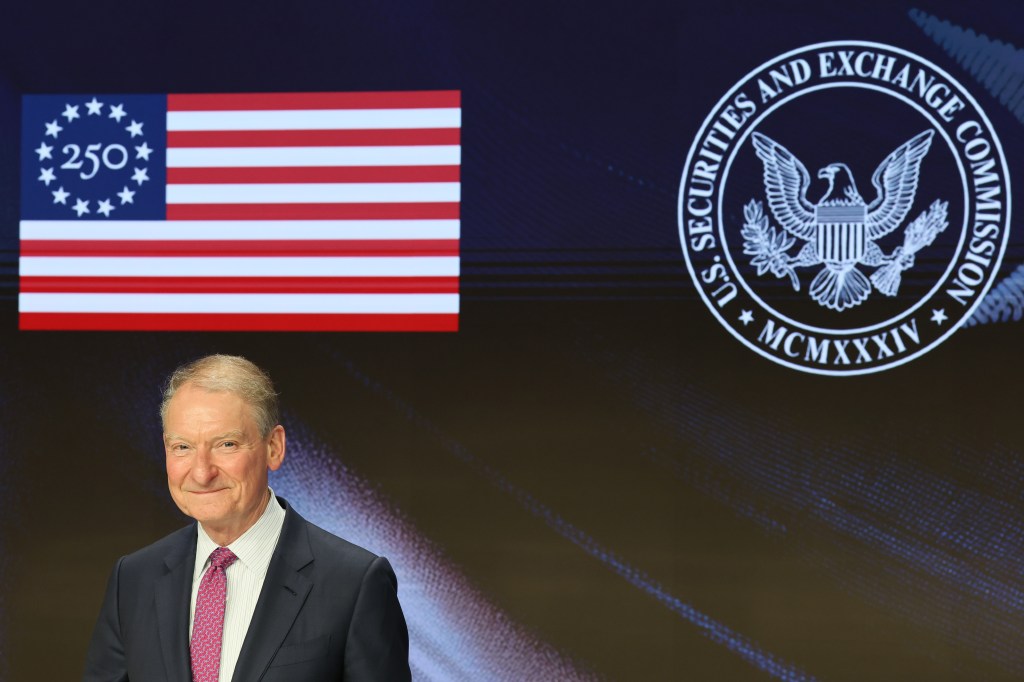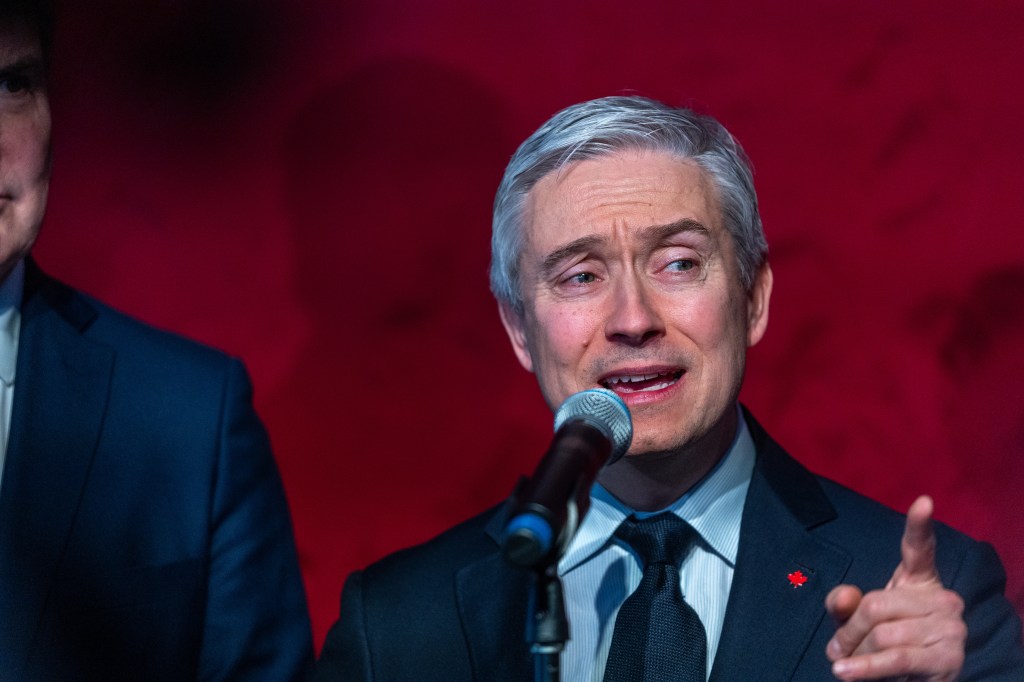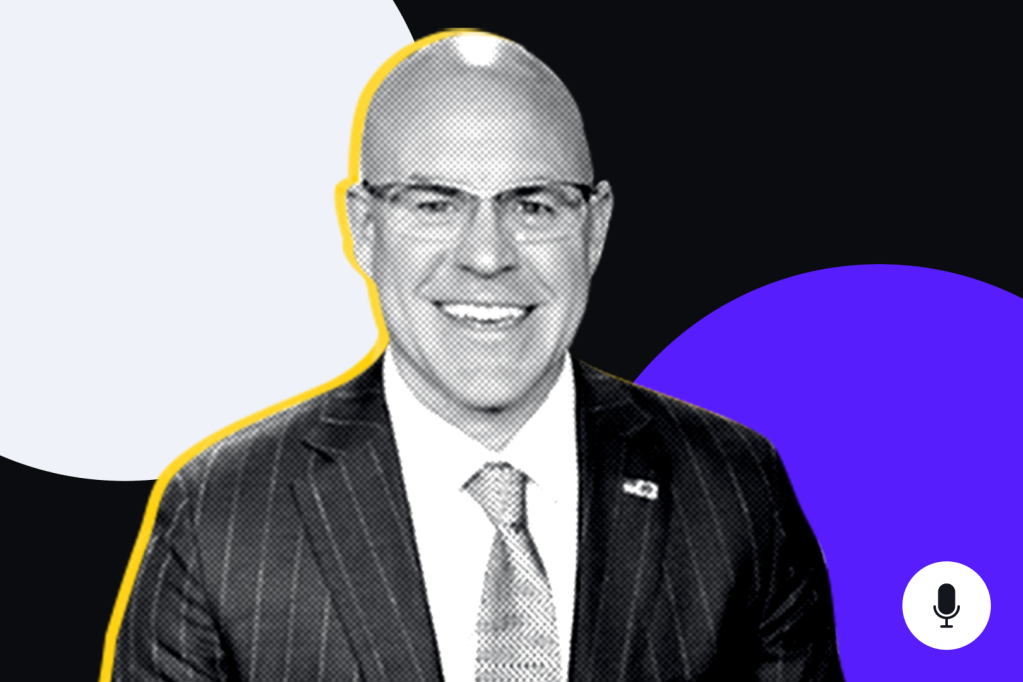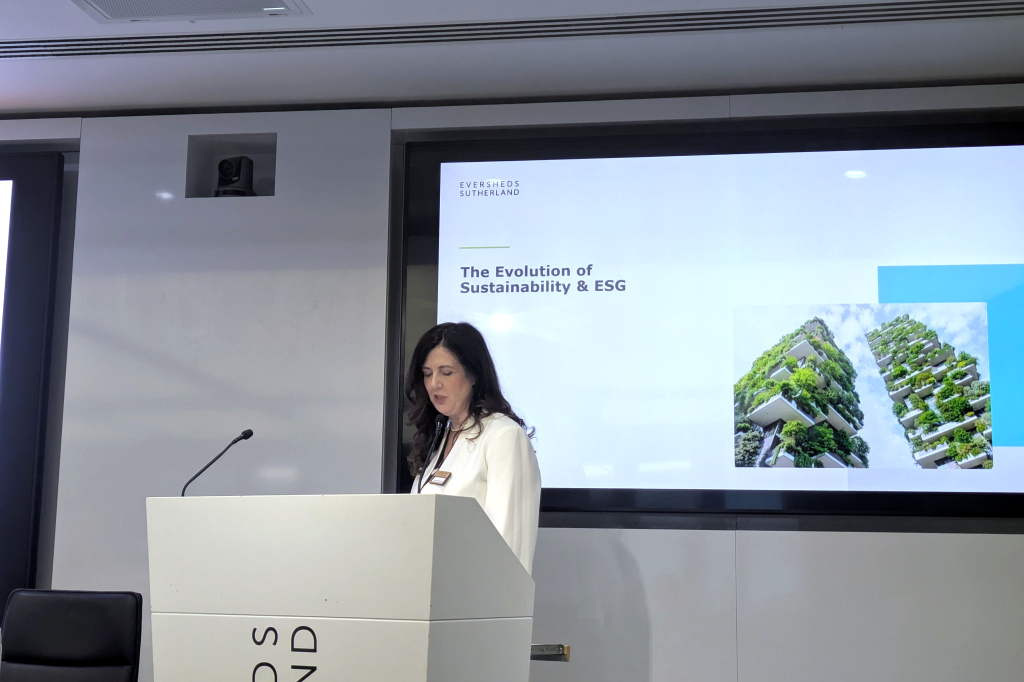James R. Craigie, who had previously occupied prominent positions at manufacturing company Church & Dwight, has been charged by the SEC with acting as an independent director without disclosing that the was close personal friends with a company executive.
He has agreed to settle paying a $175,000 penalty and agreeing
According
Register for free to keep reading
To continue reading this article and unlock full access to GRIP, register now. You’ll enjoy free access to all content until our subscription service launches in early 2026.
- Unlimited access to industry insights
- Stay on top of key rules and regulatory changes with our Rules Navigator
- Ad-free experience with no distractions
- Regular podcasts from trusted external experts
- Fresh compliance and regulatory content every day













